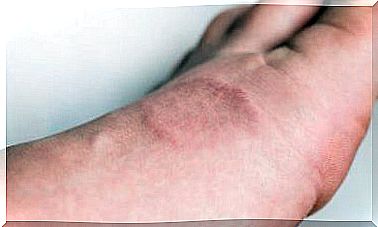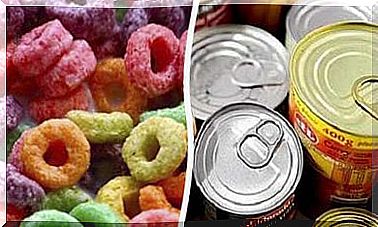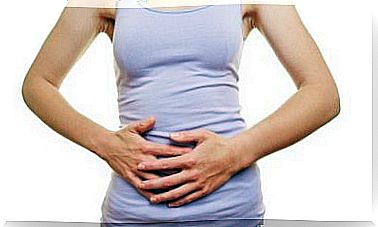Replacing Animal Proteins: Alternative Diet
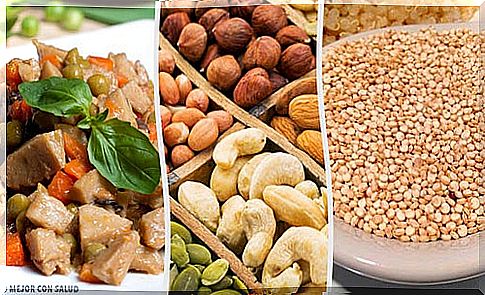
There are several reasons why you may decide to reduce or replace animal protein in your diet. There are those who do it for ecological and ethical reasons. Others due to health problems that require a change in diet.
Regardless of why we stop eating meat or meat products, we all need protein. The body needs essential amino acids which it does not produce by itself and which it supplements through the consumption of proteins.
Below we show you some valid alternatives to replace animal proteins in the diet.
Functions of proteins
Each type of protein performs a specific function in the body. Some intervene in its defense by generating antibodies. Others play an important role in the functioning of the muscles.
There are proteins that promote biochemical reactions by producing different enzymes. Others carry molecules from one part of the body to another. These are some of the functions of proteins that allow the body to function properly.
Those who decide to replace animal proteins in their diet must be aware of what they eat and how to get the nutrients they need. The goal is to cover all the nutritional needs to be healthy.
Vegetarians or vegans?
Vegetarians do not eat meat, but expect the consumption of animal derivatives such as eggs or dairy products. Some of them also include fish and shellfish. There is also a more severe current according to which “nothing that has eyes” can be consumed.
Vegans do not consume any animal products, which makes clearing the protein in their diet a little more complicated. For both, vegetarians and vegans, there are several alternatives that allow you to follow a healthy and balanced diet.
Alternatives to replace animal proteins
Eggs
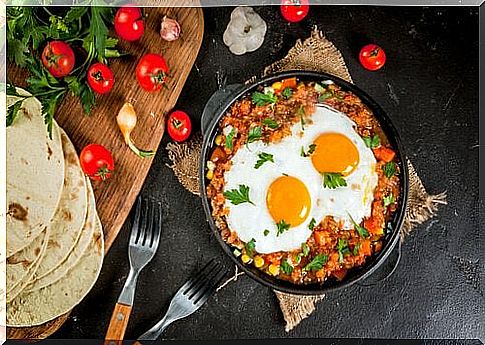
They contain about 6 grams of protein (per unit). They are an excellent substitute for meat and you can only consume the egg white or even the yolk. The secret to consuming them in a healthy way lies in cooking. Fried eggs are fatter, so it’s best to make them hard-boiled.
It is an extremely versatile ingredient in the kitchen, as it can be added to countless recipes. In short, they can be consumed in various ways.
Nuts and seeds
A handful of seeds per day (between 80 and 100 grams), can contain between 3 and 8 grams of protein. The advantage of dried fruit is that everyone usually likes it.
On the types of nuts and seeds available, the list is long and delicious :
- Cashews
- Dates
- Pine nuts
- Walnuts
- Pistachios
- Pumpkin seeds
- Peanuts
- Almonds
- Raisins
- Sunflower seeds
In addition to protein, they contain Vitamin E. They also provide fibers and minerals. You just have to pay attention to the amount of salt added. Excess salt produces water retention and, consequently, arterial hypertension.
Tofu
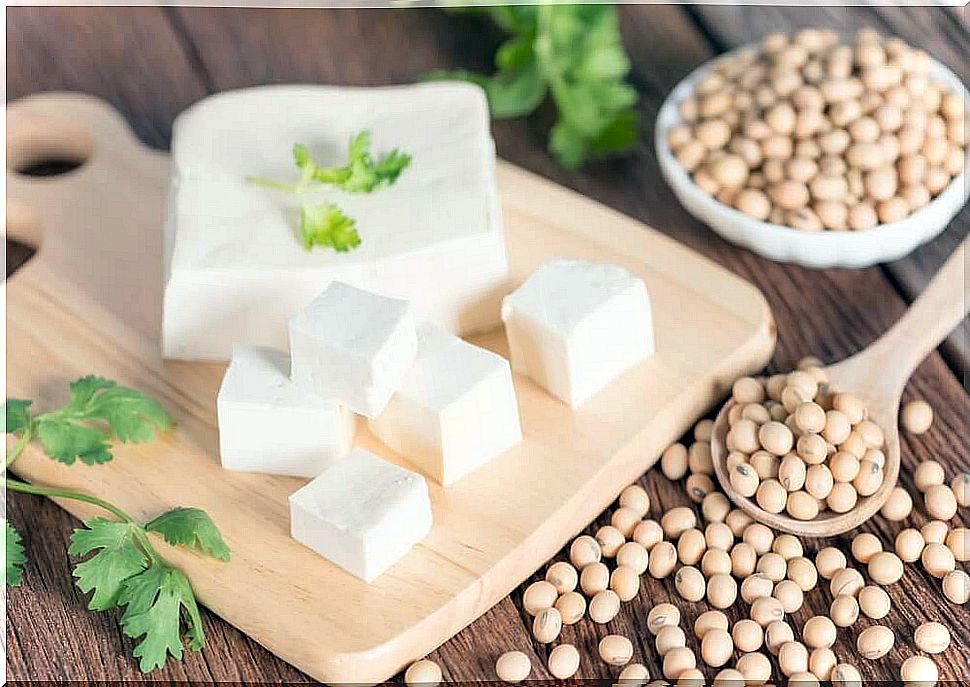
It is one of the favorite foods for vegans to replace animal proteins. It is a product derived from soybeans.
Because of its white, cheese-like appearance and the way it is prepared it is also called soy curd.
Tofu offers a high content of protein, minerals and omega 3. It can be prepared in many ways, from adding to salads to replacing meat in a burger. Plus, it’s a great substitute for chicken in some recipes.
Quinoa
It is a food with a high protein content. Only 100 grams of quinoa provides 16 grams of protein. It is also rich in fiber and omega 3. Finally, it is a valid alternative for celiacs, as it does not contain gluten.
It can be used as a cereal, added to salads or prepared like rice. In a dietary analysis it was found to be one of the most valid alternatives to replace animal proteins.
legumes
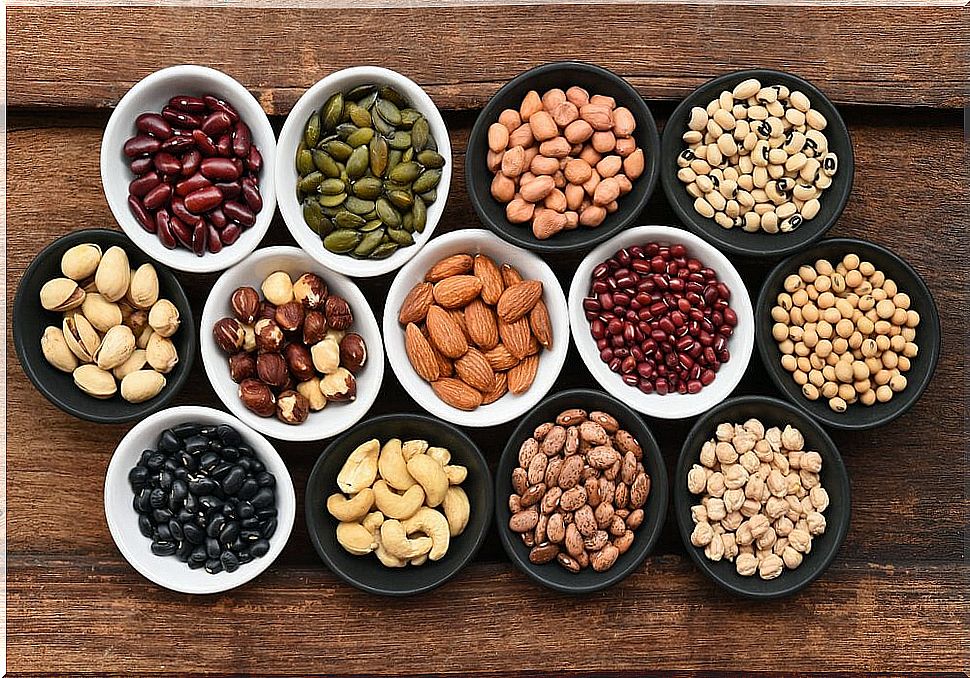
They are delicious and can be cooked in a thousand ways. Among these we find: soy, beans, lentils, broad beans, peas and chickpeas.
They are a valuable source of protein. For example, every 100 grams of lentils provide 9 grams of protein. Soy, on the other hand, contains 36 grams of protein per 100 grams.
Seitan
Seitan is a protein product made from wheat gluten. It has the particularity of being able to be prepared like meat. With this ingredient you can replace the meat of burgers, meatballs, etc. Contains up to 75 grams of protein per 100 grams. Among its advantages there is also its extreme digestibility.
Seitan contains calcium and is cholesterol-free. In addition, its flavor is reminiscent of that of meat and is the ideal alternative in many recipes.

